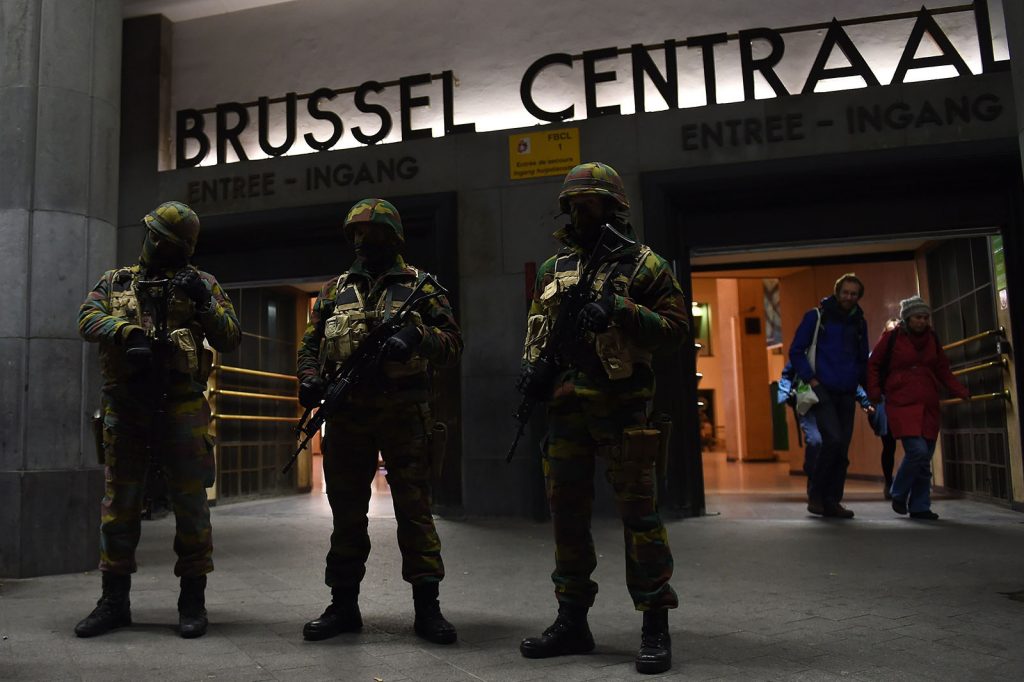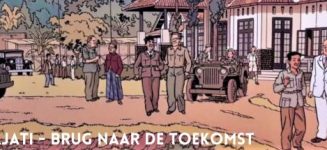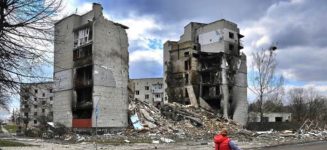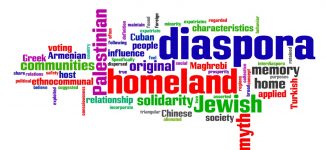Brussels, the capital of Belgium and the EU, which President Joko “Jokowi” Widodo will visit later this month, is more than Mannekenpis, Kuifje and Magritte — respectively, the urinating boy and emblem of the rebellious spirit of the city, the icon of the nation’s children and the famous surrealist painter.
A tiny country, smaller than its northern neighbor, the Netherlands, Belgium is known as “small but brave”.
The country’s rebellion against its Dutch Protestant rulers reached its climax in 1830, the year that also marked the end of the devastating Java War, known to most of us as the Prince Diponegoro War. The two crises almost bankrupted the Kingdom of the Netherlands and won Belgium its independence.
Brussels is also a historic summary of a sort — a metaphor, if you like — of a great transformation into modern industrial society. Its relics include the beautiful Gothic cathedrals being the witnesses to Europe’s religious wars, the pre-capitalist Renaissance guild houses, and the very place where Karl Marx in the 19th century wrote his most influential book, The Communist Manifesto.
Postwar Belgium, however, is best known as a chaotic, inefficient, yet relatively successful multicultural nation-state with — last but not least — famous chocolate.
It is the political division of the country into two language communities, each with its own social and economic potential – the now rich Flemish speaking communities in the North and the formerly industrial and predominantly French speaking Wallonia in the South (and a very small German speaking community in the East) — that has been the main source of bureaucratic chaos.
I lived there in the late 1960s and still remember how urban traffic could easily turn into chaos because drivers did not need to have a license.
Worse, state bureaucracy became increasingly inefficient as the politico-language communities, represented by various political parties, competed fiercely for privileges and resources. When finally the federal structures overseeing the regional rivalries were reaffirmed in the nineties, it only strengthened intergroup competition.
Like other West European countries, Belgium too began to recruit blue-collar gastarbeiders (guest workers) from the Middle East and North Africa in the late 1970s.
Belgium’s colonies were in Central Africa. It’s the only European country whose former colonies do not have a Muslim population. Ironically, it has brought the greatest number of Muslim terrorists to Europe.
Last year more than 500 mostly young Belgian Muslim migrants, went to Syria to join the so-called Islamic State (IS) movement compared to 300 to 400 from the Netherlands and UK, respectively.
Anticolonial resentment, such as that which contributed to the radicalization of Algerian migrants in France and led to the Charlie Hebdo attack early last year — are thus absent in Belgium.
Of greater significant is the context of the host countries. In France the secularization drive — called laïcité — has always been strong and apparently became harsh after the mid-November Paris bombings.
Belgium has arguably been more successful in nurturing a peaceful multicultural social life — until, that is, the bomb blasts in Zaventem airport and the Brussels underground two weeks ago, which sadly claimed 34 lives.
In the Netherlands multiculturalism has been blamed for its tendency to ignore problems arising from living together with ethnic minorities. Multiculti, the idea that pluralism is the remedy, is considered “outdated” as they believe it may disrupt the host country’s key values.
Not so in Belgium. And this was made possible not least thanks to the so-called Cordon Sanitaire policy, a strategy enacted by political parties and the mainstream media to isolate the extreme rightwing, xenophobic and antimigrant groups.
Still, France and Belgium are largely similar and intimately interconnected in terms of migrant social conditions and terrorist networks.
Brussels is a confusing hub of administration. The capital is divided into three regions under the Flemish, the Walonian and federal authorities with no less than nineteen mayors in order to satisfy the parties representing the language communities.
So are the police with nineteen sections intersecting the regional structures, yet without a single apparatus able to ensure the security of the capital?
Translated into Indonesian terms, there are 19 mayors and 19 kapolsek (subdistrict police commander) without any kapolda (provincial police commander).
In Belgium, the highest command and ultimate responsibility thus rests with Parket, the team of the Federal Attorney, who are not necessarily professional administrators, but politicians. Intelligence and forensic analyses are made difficult by judicial and bureaucratic complexities.
The result, French critics say, is predictable: the Brussels bombs took the authorities by surprise despite Turkey’s and FBI’s early warning that one suspect, who later blew himself up in Zaventem, had returned to Europe via Amsterdam.
To be fair, however, living conditions among lower-class migrants at the periphery of the capital like Molenbeek, Belgium are as bad as in Paris’ notorious banlieue suburbs where the terrorists came from and were recently active. Indeed, they were mostly young unemployed petty criminals.
Given the nature of the social conditions and latent anger among migrant communities, any urban center with such potential could become a terrorist hub. Brussels’ proximity to Paris is crucial as it has been established that Paris was their main target.
The Belgian authorities arrested most of terrorists involved in the Brussels and Paris attacks within less than 20 days. Late, but successful.
One hundred percent security cannot be guaranteed at any public place, intelligence experts have argued. So would you still call Brussels the “capital of jihad terrorists”?



